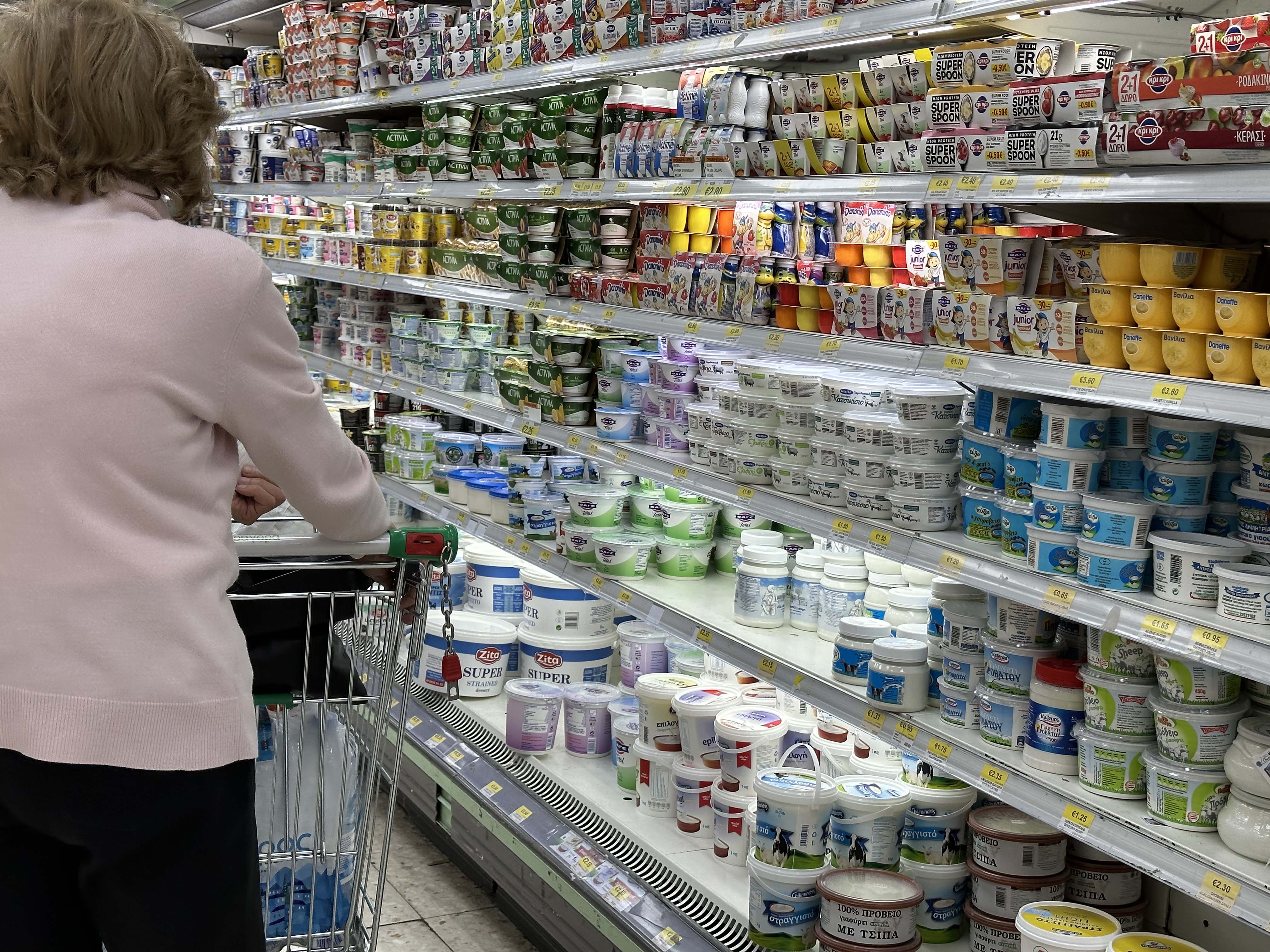Out of every three households in Cyprus, one is getting by comfortably, while the other two are either barely managing or struggling to survive, a survey presented on Wednesday shows.
One in four people said their household spending had decreased for a third consecutive year. Prices going up worried 63 per cent and poverty 48 per cent of people who participated in the survey said.
The findings of the survey carried out by the Pancyprian Consumers and Quality of Life Association in collaboration with CMRC Cypronetwork Ltd were presented during a press conference in Nicosia.
The aim of the survey, with a sample of 1,000 people aged 18 and over, was to analyse consumer behaviour and the financial situation of households in Cyprus, as well as to evaluate consumer protection measures by businesses and the state.
The majority of participants expressed concern about their financial well-being. Several said that their household situation has deteriorated in the last six months, Cypronetwork executive president Christos Michaelides said.
According to the findings, 36 per cent of households in Cyprus is “getting by comfortably”, 34 per cent is “barely managing” and 30 per cent is “facing more or less a problem of survival”.
The income of 66 per cent of households has remained at the same level in the last six months, 18 per cent said that it has increased and 15 per cent that it has gone down, while 90 per cent said that the prices of products have increased during this period.
According to the results, 66 per cent of participants said that their income in the last six months remained the same, 12 per cent said that it has decreased and 3 per cent that it has decreased a lot. On the other hand, 16 per cent said that their income increased and 2 per cent that it has gone up significantly.
Regarding household spending, six out of ten said that these purchases remained at the same levels, one in five that they have increased and one in four that they have decreased for the third consecutive year.
At the same time, 90 per cent of the survey participants expressed the opinion that product prices have increased, only 2 per cent that they have decreased and 8 per cent that they have remained the same.
President of the association Loukas Aristodemou told the press conference that the survey shows a clear trend of differentiation in the consumption habits of people in Cyprus.
This, he said, was due to the fact that while the prices of products and services were increasing, consumers were forced to adjust their purchases, limiting expenses or seeking more economical options.
More than half of the participants – 52 per cent – said they have reduced their spending on everyday goods and services. Furthermore, 86 per cent of the participants said that there is an increase of prices in food and essential goods, 73 per cent said in electricity, 66 per cent in clothing and footwear, 55 per cent in home equipment and 53 per cent in the entertainment sector.
Also, 31 per cent of participants said the smallest increase was recorded in telephone and television bills, 38 per cent studies, 40 per cent water and 41 per cent medicines.
Regarding bank borrowing, four in ten participants said that their family has a bank loan.
Among households with loans, six out of ten describe the burden of the loan as sufficient or very heavy. Moreover, 30 per cent consider their family to be over-indebted, while 5 per cent believe that they will not be able to meet the payment of the loans and 7 per cent that they probably will not be able to.
To a question about their financial situation in the next twelve months, 56 per cent of the participants believe that it will fluctuate at the same levels, 22 per cent that it will be worse and 15 per cent that it will be better.
As regards the country’s economic trajectory in the next six months, 43 per cent of the participants said that they believe that it will remain stable, 35 per cent that it will follow a downward trend and 16 per cent that it will have an upward trend.
Compared to previous years, households appear slightly more optimistic. In 2024 and 2023, almost half believed that the country’s course for the next six months would be a downward one, while only an average of 9 per cent believed that things would improve.
Participants were also asked to evaluate the state’s approach to the public. According to the results, only one in four positively evaluates the government on issues of transparency, one in five on the issue of the responsiveness of state services during telephone communication, one in three on equal treatment and approximately the same number believe that there is equality.
Furthermore, 57 per cent of the participants believe that it is not at all easy to claim their rights in Cyprus, while 29 per cent respond that it is somewhat easy.
Participants were also asked to determine the degree of importance of specific topics for their everyday life, with eight out of ten putting the best quality of life at the top of their choices, seven out of ten the available personal time, six out of ten the professional career and savings. The least important topics were investments, followed by planning for a home purchase or any other major expense.






Click here to change your cookie preferences